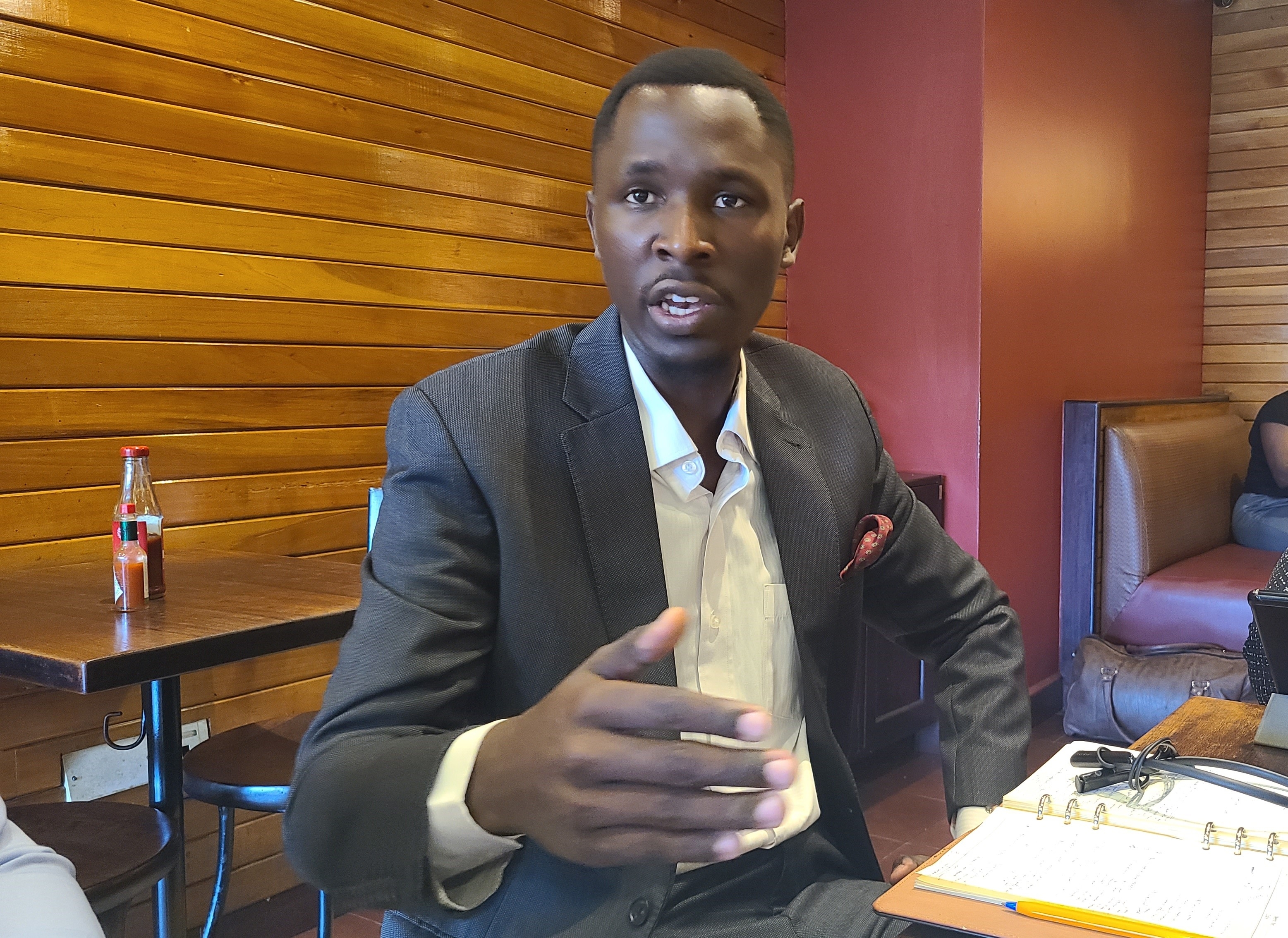

I was working mainly as a newspaper sub-editor at the time, and so came across quite a few howlers myself.
For those who may be unaware of the sub-editor’s role, they refine news stories by editing for clarity, grammar and adherence to the publication's style, ensuring accuracy and conciseness. I was perfect for the group.
This was in the golden age before WhatsApp came along in 2009 and stole the thunder of long, rambling email exchanges.
Whenever we stumbled across a glaring mistake, we would gleefully jot it down and share it with the group. It was our own brand of linguistic trophy hunting.
One gem that still makes me chuckle was: “I have always given it my best foot.” This was in a serious email from a corporate employee to his boss.
What he meant, of course, was “I always put my best foot forward.” Unfortunately, he managed to sound like a man with only one foot to give, and he had given it, repeatedly.
Another classic was the stern command: “Stop catching emotions!” Clearly, the speaker meant “catching feelings.” Instead, it sounded like a warning from a rogue science teacher: “Do not attempt to capture stray emotions in a test tube, they are highly contagious.”
We carried on with this email thread fully aware that English was not the first language for most Kenyans, and in fact, the average Kenyan speaks at least two other languages besides English, usually Kiswahili and a mother tongue.
Nevertheless, we were far too pleased with ourselves, strutting about like self-appointed guardians of the Queen’s English, blissfully ignoring the fact that Her Majesty had never asked for our services.
Lately, I have been thinking about that thread in light of current debates about dismantling colonial structures, including language. On one hand, I still believe that if you speak or write a language, you ought to do so as clearly as you can.
On the other hand, language is a slippery thing. It bends, stretches and remoulds itself to fit local needs. In Kenya, English has been reimagined with great creativity, sometimes to the point where Shakespeare himself might throw up his hands and say, “Ati, what now?”
Take the phrase “politically correct”. In the UK and the US, it is about language and behaviour designed to avoid offending others. In Kenya, however, it came to mean someone who could get away with shocking behaviour because their political godfather had their back.
Thus, while the Americans were wringing their hands over
gender-neutral pronouns, Kenyans were whispering about the tenderpreneur down
the road who was “politically correct” enough to land a multimillion-shilling
contract.
Then there is the proud Kenyan contribution to global English. About three years ago, the Oxford Dictionary added 25 Kenyan words, mainly Kiswahili gems like matatu, sufuria, nyama choma, chapo, githeri, mpango wa kando and sukuma wiki. Once a word makes it into Oxford, it becomes “official”. Which means that somewhere in Britain today, an Englishman might very well be ordering nyama choma with the confidence of a man who has never touched a goat in his life.
A friend of mine describes this as “defeating the English language”. On one level, this aligns with the serious academic field of Decolonising World Englishes, which studies how postcolonial societies adapt English to reflect local realities.
On another, less scholarly level, it refers to those delightful direct translations from Kiswahili to English, such as “iko wapi” becoming “is where?” instead of “where is it?”
At the end of the day, the real purpose of language is
communication. Speaking English well certainly improves clarity and confidence,
but perfection is not the aim. The goal is to reach a level where you can
express yourself comfortably, even if occasionally your best foot goes
wandering into the wrong sentence.
If I could revive that email thread today, this is exactly the message I would share with my friends, though I suspect one of them would still reply with: “Stop catching emotions.”














